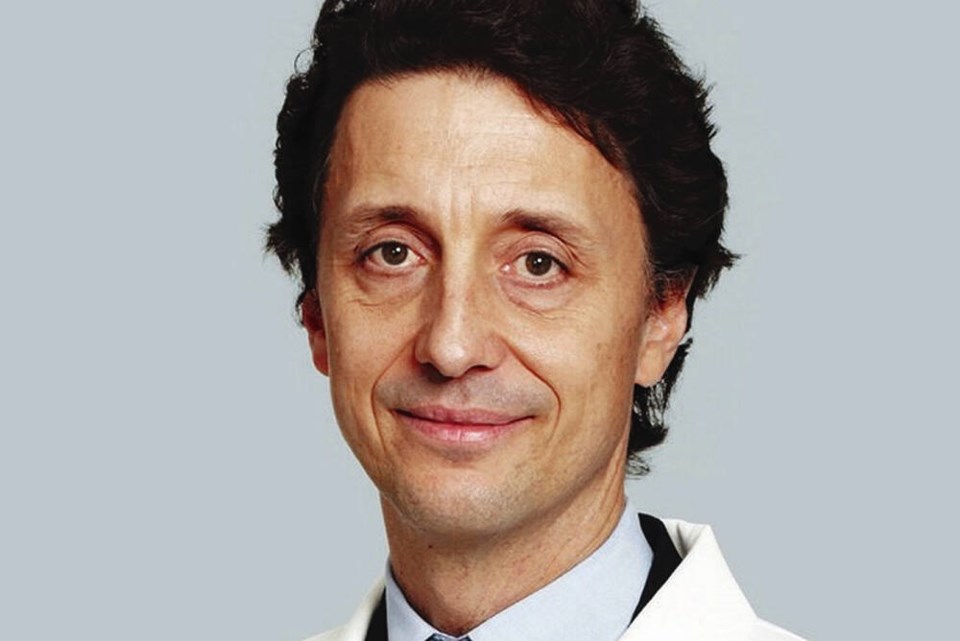Dear Dr. Roach: My 85-year-old mother-in-law had a mild heart attack a few days ago. She didn’t immediately take the nitroglycerin she had on hand. She has a pacemaker, and it reported the event to her heart doctor. Upon seeing the anomaly, her doctor called and asked her to undergo a nuclear stress test. She had one done eight years ago, and it made her very uncomfortable. She is fearful that she may not survive another one.
She and her husband lead a fairly comfortable, stress-free life, with the exception that they watch hours of cable news daily. I think she should avoid news, which is, in my opinion, designed to make viewers angry. Should I mind my own business or recommend that she refrain from tuning in?
S.I.L.
A stress test can be used to make a diagnosis or, especially after a heart attack, help identify a level of safety in exercise. To make a diagnosis, the person has to exert as much energy as possible. When I was an intern, my entire team, senior resident, intern, and medical students all underwent stress testing. It was a valuable experience, even if it was unpleasant. Being “encouraged” by my team to keep going on the treadmill when I was just about ready to collapse gave me a better understanding of how stressful a stress test is.
By contrast, a stress test after a heart attack is not a maximal effort. The person’s electrocardiogram is monitored carefully as the exercise level increases, and they are never allowed to get to the point where they can cause damage to their heart. She should be reassured that this stress test will be very different from her previous one. A “nuclear” stress test uses radioactive isotopes to look at blood flow to the heart during exercise and rest.
I have many patients who are anxious about the news of the day, and for many of them, their mental health improved when they didn’t watch the news every day. I still think we should be informed, but I agree with you that some “news” programs seem to be designed to evoke an emotional response more than they are to enlighten.
I did see one case where a gentleman in the cardiac ICU insisted on watching his favourite football team while awaiting cardiac surgery. This was a mistake, as he did have a heart attack during the game.
Dear Dr. Roach: Your recent column on the timing of medications caught my eye. I had just met with my pharmacist for help on how to have my meds listed in daily order and when to take them each day. My medications change so often that I get confused and very overwhelmed. I’m sure this would help other seniors as well! What do you think?
L.A.
It’s a great idea. I’ve also recommended pillboxes that can be filled once a week with labeled times on when to take the medications for those who have complicated regimens. Most pharmacies offer the option of putting medications in blister packs, each labelled with the exact time to make it easier.
One reader suggested that the physician give a list not only of the medications, doses and timing, but also what they are for. I spend a few minutes during most office visits going over medication lists, as I find there is often a misunderstanding, duplicate medications, or medications I had thought were discontinued.
Email questions to [email protected].



